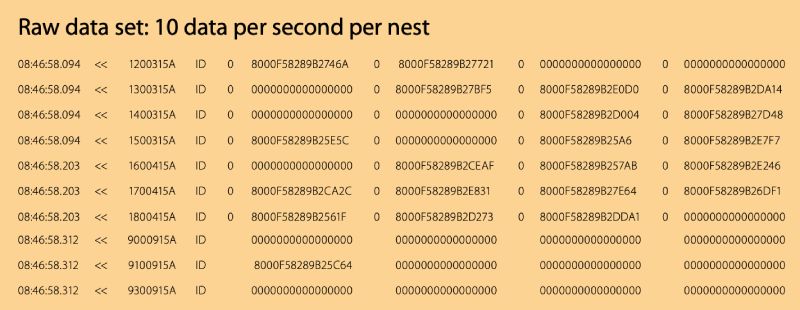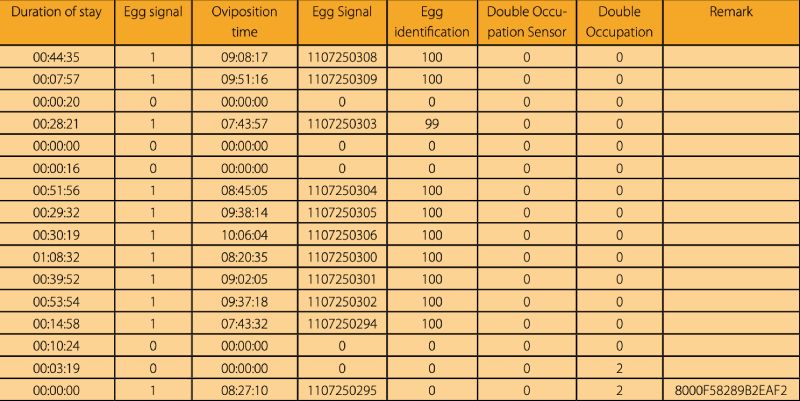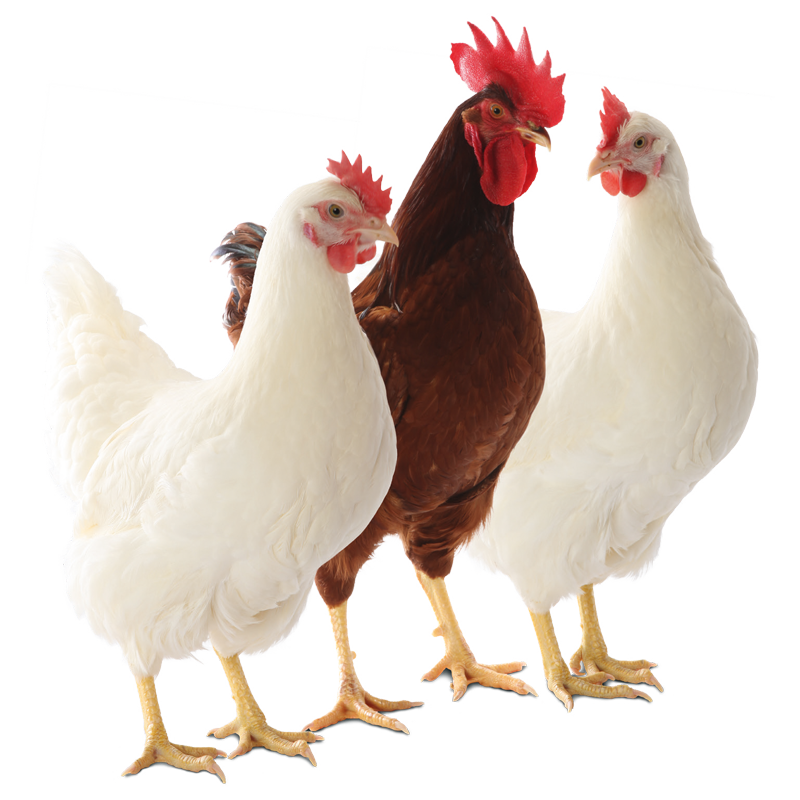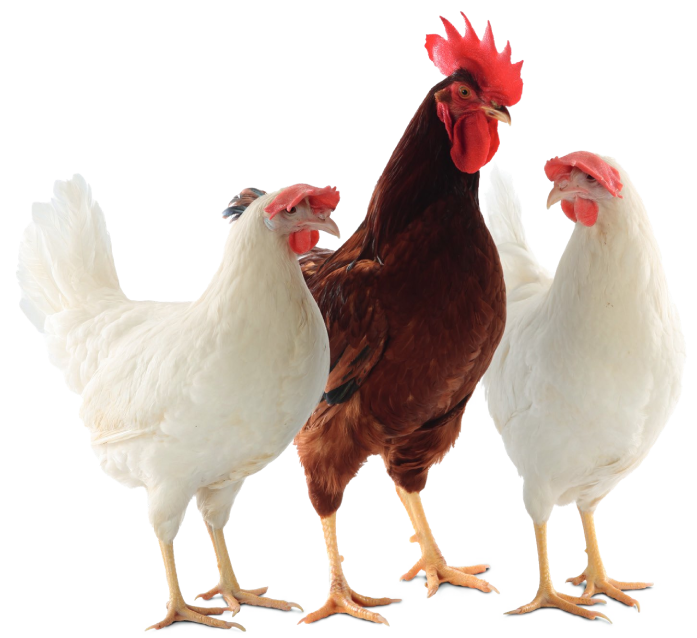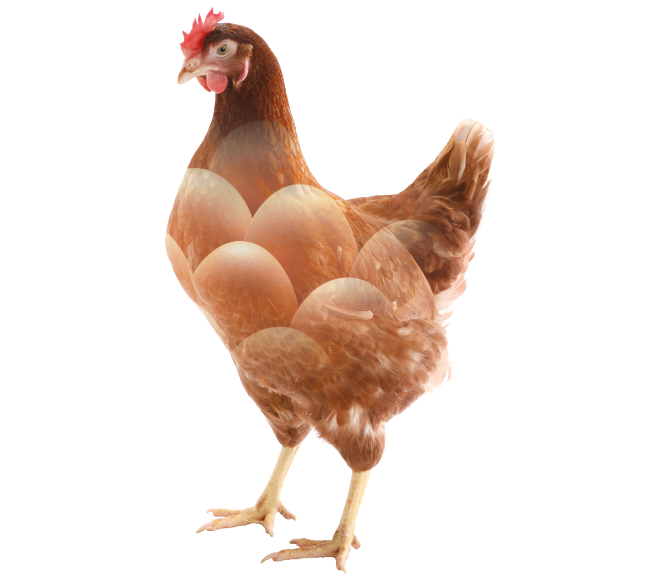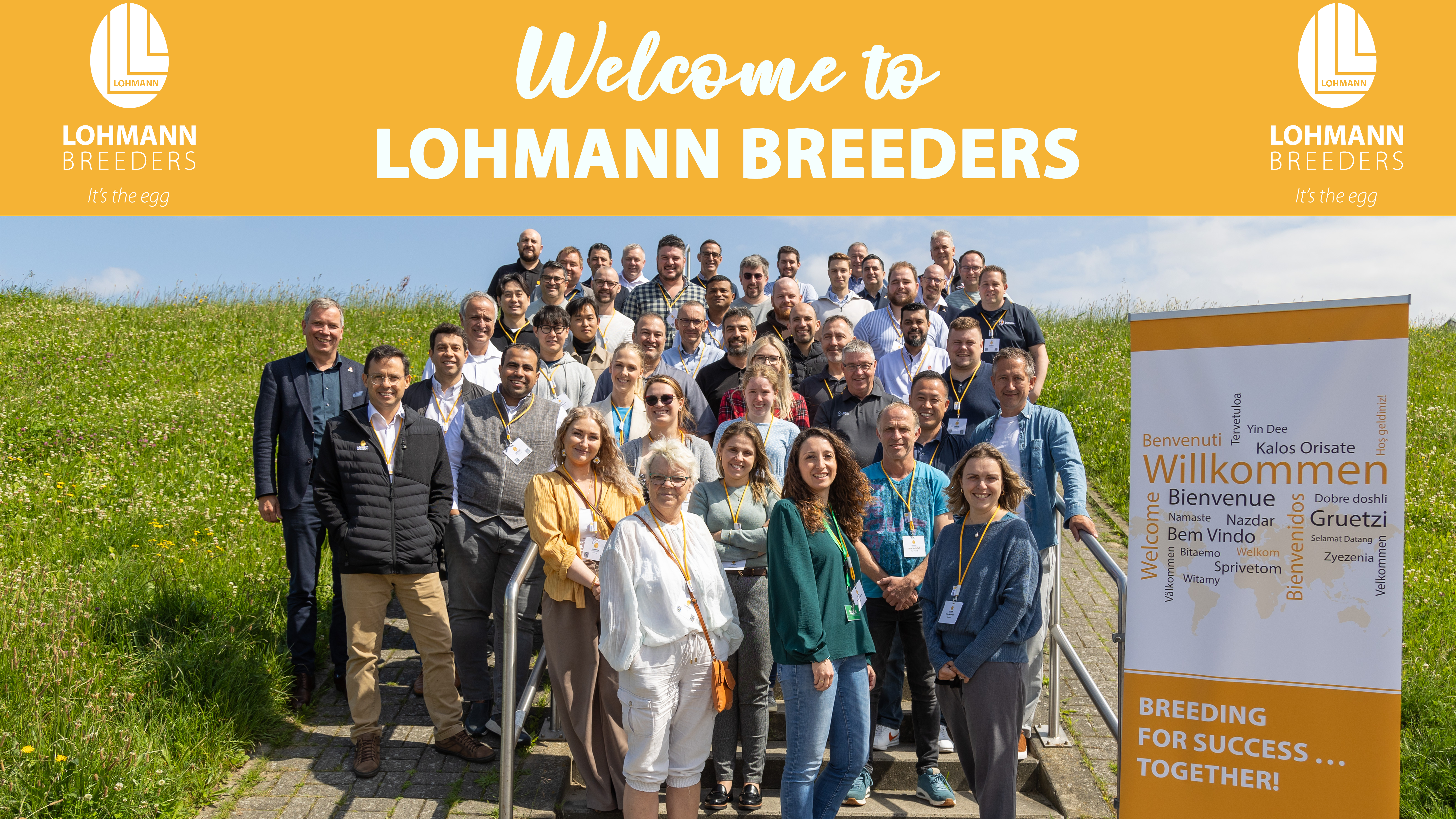Software programs support data analysis
Monitoring the nesting behaviour is of high interest for producers as well as for parent stock franchise hatcheries. When it comes to data analysis, the two software programs „Ident Converter“ and „Chicken Checker“ are a valuable assistance.
At the research station Thalhausen of the Technical University of Munich, the nesting behaviour of 600 LOHMANN TIERZUCHT layers is recorded everyday. For this reason, each layer is tagged with a transponder at the leg. Ten times per second, a reader checks the individual nests which are equipped with an integrated antenna.
When a layer occupies a nest, the transponder number of this specific layer would be logged. If at the time of inquiry the nest is empty, a „zero“ is recorded. Everyday at the research station Thalhausen, huge data sets with sizes of up to 350 MB are generated for the 72 nests in this way. The data is stored on mainframes and has to be compressed for further analysis of the nesting behaviour for each single layer. These tasks are carried out with the aid of two especially developed software programs.
Controlling logical sequences
In the first step, the data is processed with the software „Ident Converter“ (IDC). It controls the raw data regarding logical sequences in order to correct possible mistakes. For example, it checks whether different transponder numbers have been logged in a very short period of time in the same nest. This is of major importance, as it is necessary to make sure that only one single layer occupies the nest at a particular time. It sometimes occurs that two layers occupy one nest at the same time. The IDC recognizes these cases and blocks the data for further evaluation in order to exclude assignment mistakes between the laid egg and the layer. Such eggs cannot be considered for testing the egg quality.
Compressed data set after processing with „IDC“ and „Chicken Checker“
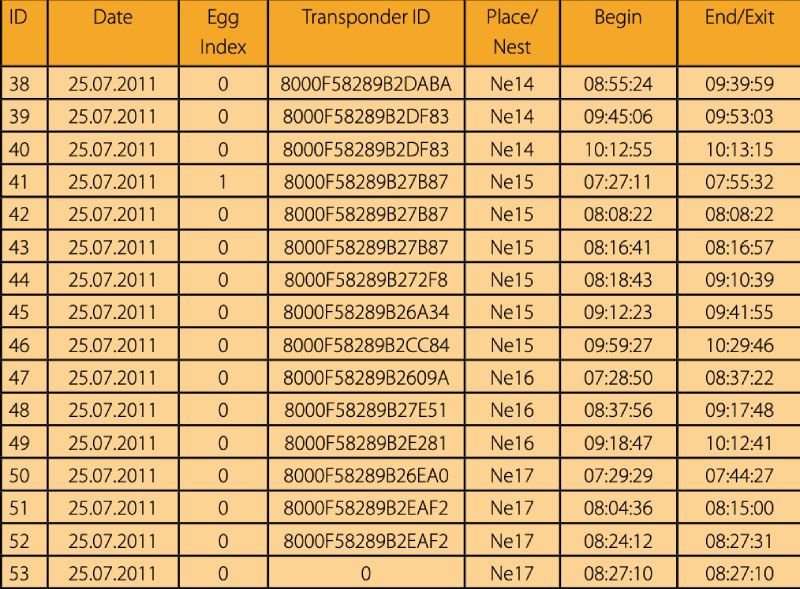
Compressing raw data sets
In the next step, the program “Chicken Checker” compresses all data exported by the IDC (ten per second per nest). As a result, a data file is obtained which only consists of nest data relevant for analysis, such as the starting and ending time of a nest visit, or the exact time of egg oviposition. While compressing data of one single nest visit, which has been recorded several times per second, the “Chicken Checker” monitors the length of time in which a single specific transponder number has been continuously recorded/captured.
Furthermore, with the “Chicken Checker”, additional limits, or rather minimum or maximum values are defined, which in turn have to be entered as flexible parameters for the analysis and control of the data set. Thus, the daily data set of about 350 MB is reduced by a thousand times. This data set is then used for layer specific analyses regarding nesting behaviour and laying performance in group housing systems and is transmitted to the central database of LOHMANN TIERZUCHT in Cuxhaven
